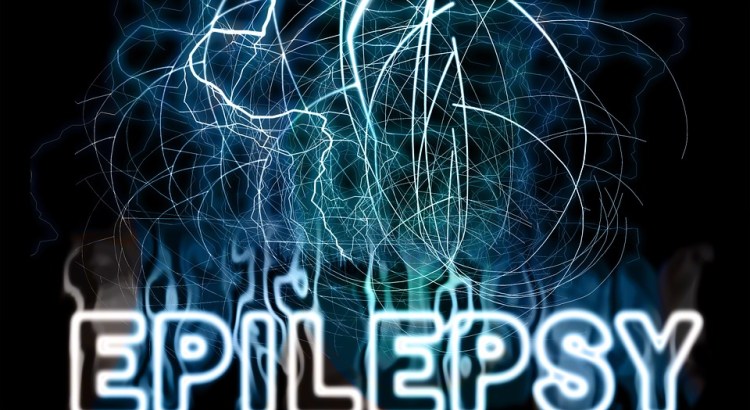
For most people with epilepsy, the best possible course of treatment is anti-convulsive medications, prescribed by their doctors. But what happens when the medications available all fail to work, or the best medication simply doesn’t do a good enough job all the time? It is at this point where a doctor may suggest putting the patient on a ketogenic diet.
A ketogenic diet is a type of low carb, high fat diet. Following this diet your intake of carbs will be so low (usually under 45 grams of carbohydrate a day) that your body will be forced to make an alternative fuel to run on instead of glucose. This fuel is made of fats and proteins and is called ketones. Ketones are the only other fuel source our bodies and brains can use besides glucose, and this is the only reason we consider proteins to contain calories.
Sometimes running on glucose is oxidizing and damaging the brain of epilepsy patients, especially those with other neurological conditions, and those who are children. By swapping onto ketones the patient may find their symptoms improve, clear up altogether, or clear up with the help of anti-convulsive medications. Although the diet is not often prescribed to adults, this isn’t because it doesn’t work, but because doctors do not believe an adult, with their range of food choices, can follow this diet with willpower alone. However, in adult patients it is also highly effective. There is abundant research suggesting that if you are a patient who is resistant to anti-convulsive medications, your body may better respond to running on ketones.
Before adopting this diet the doctor will screen the patient for any metabolic conditions which may make it hard to digest enough proteins or fats to produce ketones. Patients with pancreatitis, gallstones, a colostomy bag, poor stomach pH, or missing parts of their pancreas and/or gallbladder may not be able to follow this diet. Some patients with pancreatitis or kidney failure may be able to follow a low protein version of this diet. Other than these cases, this diet is generally safe for all people. Even infants with epilepsy can be put on a special ketogenic formula to control their seizures.
Once it has been established that a patient is able to cope with this diet, it will begin. Usually the first few weeks to three months will be closely monitored. This is to ensure that no health condition has been overlooked, and to determine whether the events and severity of seizures changes as a result of this diet. After it has been determined that the diet is effective, the patient will usually be given more freedom and require fewer general medical checkups.
The ketogenic diet adopted is usually a long-chain triglyceride diet. This is a low carb, low protein, high fat diet. You will have a gram of carbohydrate, a gram of protein, and eight grams of fat. This makes it a much higher fat diet than even most other ketogenic diets, and it can be highly restrictive. Whereas on most casual ketogenic diets it is possible to eat a range of incidental carbohydrates from leafy greens, low carb root vegetables, and offal, on this prescribed diet you will have to monitor these. And though you can occasionally eat a small serving of carbs and stay keto on many diets, this one would mean no carbohydrate-rich sources at all. Another way in which this diet differs from the casual ketogenic diets people follow on their own is that on those diets, weight loss is acceptable, or even the end goal. On the epileptic ketogenic diet it is essential to eat as many calories as you need to maintain your weight.
All this together means that on your prescribed ketogenic diet you must follow the advice of a dietician and stick to it closely. Much like messing up your medication doses and timings can have very adverse side effects, not following your prescribed diet perfectly can make it ineffective, cause side effects, or even put you at serious risk. Make sure to only follow the diet your doctor put you on, and to stick to whatever your dietician recommends.
OnKeto.com is a news aggregation service that brings you best of world articles to you for your consumption.
Author: None
Author URL: None
Original Article Location: http://lowcarbhighfatsuccess.com/following-a-low-carb-high-fat-diet-for-epilepsy/
